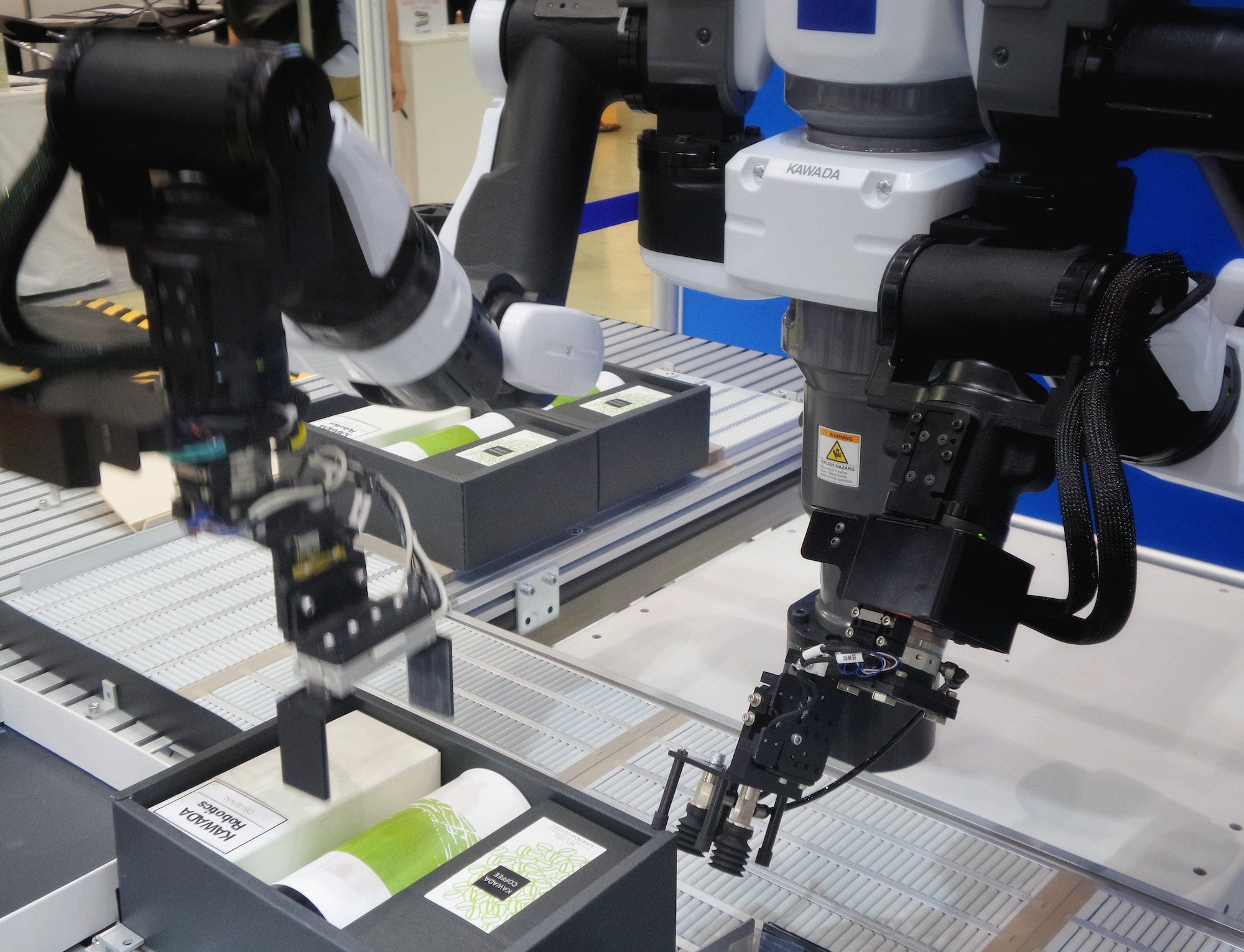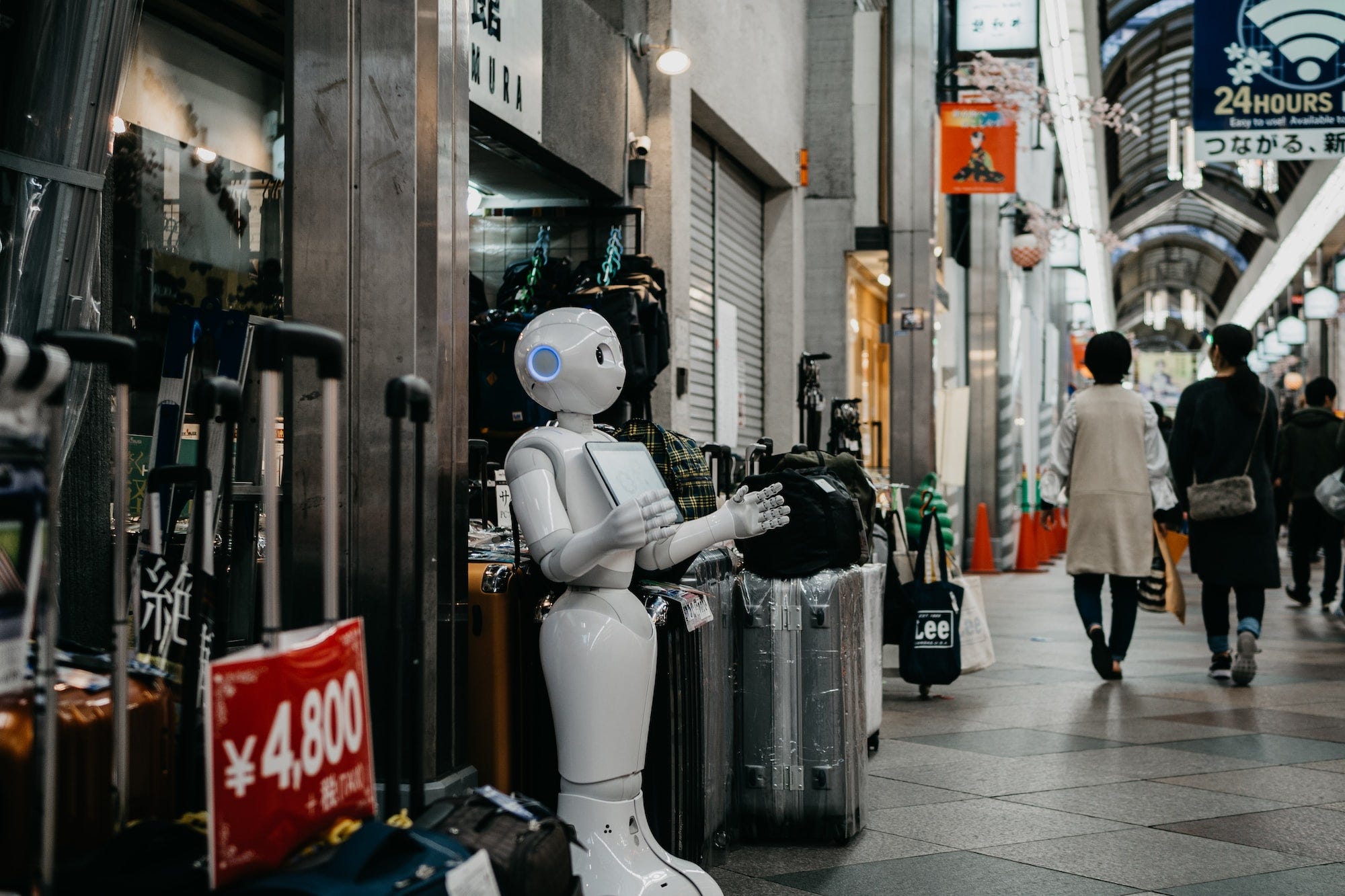The Latest Developments and Applications of AI: How it's Changing Our World
As AI continues to evolve, it's important to ensure that its applications are ethical, transparent, and inclusive, benefiting all members of society.

Artificial intelligence, or AI, has been a buzzword for a while now. It refers to the development of computer systems that can perform tasks that usually require human intelligence, such as visual perception, speech recognition, decision-making, and language translation. In recent years, AI has made significant strides in various industries, from healthcare to finance and manufacturing, transforming the way we live and work. In this article, we'll discuss the latest developments and applications of AI and how they're changing our world.
AI in Healthcare
One of the most significant developments in AI has been its applications in healthcare. AI-powered systems can analyze vast amounts of patient data, assisting doctors in diagnosing diseases, identifying the best treatment plans, and predicting potential health issues. AI has also been used to develop virtual assistants and chatbots that can provide patients with round-the-clock support and advice.
AI in Finance
AI has also made significant contributions to the finance industry, enabling organizations to detect fraudulent activities, manage risks, and automate repetitive tasks. AI-powered chatbots and virtual assistants have been developed to improve customer service and provide personalized financial advice.
AI in Manufacturing
AI has been used in the manufacturing industry to streamline production processes, reduce downtime, and optimize supply chain management. AI-powered systems can analyze data from sensors and other sources to predict equipment failures and identify potential issues before they occur. This has led to increased productivity and reduced costs for manufacturers.

AI in Education
AI has the potential to revolutionize the education sector, from personalized learning to predictive analytics. AI-powered systems can analyze student data to identify their strengths and weaknesses, enabling educators to tailor their teaching methods to meet individual needs. AI can also be used to develop virtual tutors and personalized learning experiences, enhancing student engagement and performance.
AI in Transportation
AI has been used in the transportation sector to improve traffic flow, optimize routing, and reduce accidents. AI-powered systems can analyze real-time traffic data to provide drivers with the best routes, reducing congestion and travel time. AI has also been used to develop self-driving cars, which have the potential to reduce accidents and improve the overall safety of the roads.
AI in Customer Service
AI-powered chatbots and virtual assistants have become increasingly popular in customer service, providing 24/7 support and quick response times. These systems can handle a wide range of inquiries, from simple FAQs to complex issues, reducing the workload for human customer service representatives and improving customer satisfaction.

AI in Agriculture
AI has also made significant contributions to the agriculture sector, enabling farmers to optimize crop yield, reduce waste, and improve sustainability. AI-powered systems can analyze soil data, weather patterns, and other factors to provide farmers with insights into the best planting and harvesting times, reducing costs and increasing profits.
The Potential of AI in Revolutionizing Life as We Know It
AI has the potential to transform various industries and revolutionize the way we live and work. From healthcare to finance, manufacturing to education, transportation to customer service, and agriculture, AI-powered systems can analyze vast amounts of data, automate repetitive tasks, and provide personalized services. As AI continues to evolve, it's important to ensure that its applications are ethical, transparent, and inclusive, benefiting all members of society.
💡 This article has been written with the help of A.I. for topic research and formulation.





